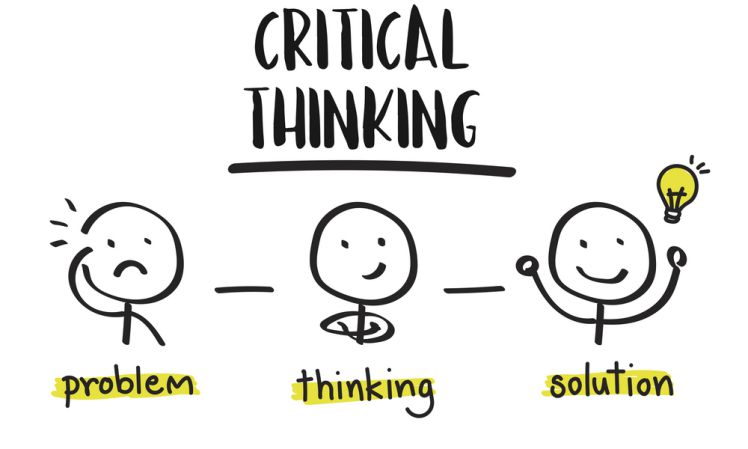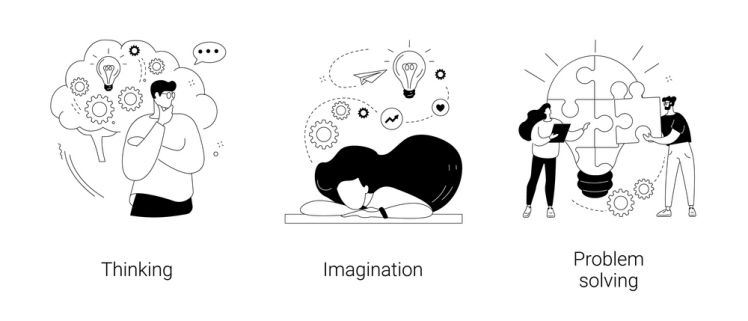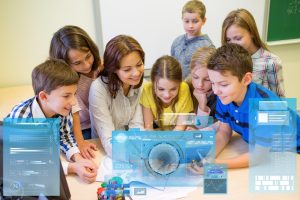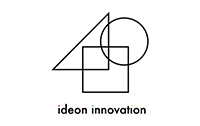In our rapidly evolving digital era, where technology has intertwined itself with almost every aspect of our lives, coding has emerged as more than just a skill. It’s a language, a form of expression, and a tool that shapes young minds. For children, delving into the intricate world of coding is not merely about mastering a computer language. It’s an exciting adventure where they challenge their intellect, face hurdles, and emerge victorious with solutions. This journey, laced with trials and triumphs, profoundly molds their critical thinking abilities, preparing them for challenges both in the virtual and real world.
The Importance of Critical Thinking in Coding
In the vast realm of coding, where possibilities are infinite, critical thinking stands as the lighthouse guiding coders safely to their goals. Critical thinking is not about reacting; it’s about responding after thoughtful analysis. It’s the bridge between problems and solutions. In coding, this means not jumping into writing lines of code impulsively, but first understanding the depth of the problem, considering possible strategies, and then embarking on the coding journey. It’s this depth of thought that distinguishes a routine coder from an innovator.

How Learning to Code Enhances Critical Thinking Skills
Coding presents a myriad of challenges. Each coding problem is like a puzzle waiting to be pieced together. While solving these, children:
- Break Complex Challenges into Simpler Tasks: This decomposition enables kids to focus on individual components without feeling overwhelmed.
- Visualize and Map Their Tasks: Picturing the end goal and the steps needed to get there helps kids strategize their approach.
- Analyze Errors Critically: Debugging teaches kids that mistakes are stepping stones to learning. Each bug they fix reinforces their problem-solving prowess.
The Relationship between Coding and Critical Thinking
Coding is akin to a dialogue between the coder and the computer. In this dialogue, clarity and precision are paramount. A coder’s instructions must be explicit. This forces coders, especially young learners, to articulate their thoughts clearly, fostering a deepened sense of critical thinking. They learn the value of precision, understanding, and reflecting on the consequences of each coding decision they make.
Why Critical Thinking is Essential to Successful Coding
Imagine coding without critical thinking—it’s like venturing into a forest without a map. While you might still find a way out, it might not be the most efficient or safest route. Critical thinking in coding is that map. It ensures coders don’t get lost in the vastness of possibilities. With critical thinking, children learn to anticipate issues, choose optimal pathways, and innovate beyond the conventional. They realize that while many roads lead to Rome, some are more scenic and efficient than others.

Mastering Critical Thinking Through Coding
The iterative process of coding—design, code, test, and debug—mirrors the steps of critical thinking. Each iteration demands reflection, adaptation, and understanding. Over time, as children delve deeper into coding projects, they inadvertently sharpen their critical thinking abilities. They begin to question, analyze, and reason with a depth that transcends coding.
Improving Problem-Solving Skills through Critical Thinking in Coding
Every coding challenge is a problem waiting to be unraveled. As children face these challenges, their approach transforms:
• Analytical Approach: They don’t just see the problem; they analyze its roots, understanding the ‘why’ behind it.
• Adaptability: Encountering errors becomes a learning curve. Kids adapt, modify, and retry, fostering resilience.
• Innovation: With a foundation of critical thinking, children often find unconventional solutions, pushing the boundaries of creativity.
• Reflective Learning: Mistakes aren’t setbacks but lessons. Children reflect on errors, learn, and ensure they don’t repeat them, embedding a continuous learning mindset.
Armed with critical thinking, children don’t just become coders; they transform into problem solvers, ready to tackle challenges with a fortified intellect.

Conclusion
In a world brimming with information, the ability to think critically is priceless. And what better way to nurture this skill than through coding? As young minds embark on their coding journey, platforms like Codiska, with its tailored approach to coding for kids, champion their quest, offering a perfect blend of fun and learning. These platforms ensure that as children decode the mysteries of computer languages, they also unlock the vast potential of their own critical thinking abilities.






